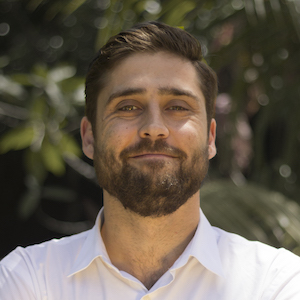Owen’s research focuses on large-scale assessments of early-stage literacy in low-and-middle-income countries and how recent advances in communication technology and artificial intelligence can be used to improve them.
Few countries currently administer rigorous, granular and reliable assessments of early-stage literacy, despite their widely acknowledged importance and the relative wealth of existing methods explicitly designed to address the challenge of accurately evaluating learners before they can independently read passages. While, in recent years, assessments such as ASER, UWEZO, and EGRA have been created which are explicitly designed to measure basic literacy skills in a context appropriate manner, on closer inspection they still fall far short of the rigor, granularity and reliability of already existing early-stage literacy assessments commonly used in classroom and research settings. This raises the question of why more robust early-stage literacy assessment techniques have not been incorporated in large-scale assessment in low and middle-income countries.
This is likely because, until recently, conducting systematic, high-quality, early age literacy assessments were infeasible for resource-constrained governments to conduct, due to the logistical challenges and cost. However, the combination of the plummeting price of smart-phones and tablets, rapidly expanding cellular data coverage and advances Natural Language Processing might potentially allow for the creation of a computerized, adaptive and highly sophisticated assessments to be deployed by non-specialists. Low-cost tablets would enable computer adaptive testing techniques and asynchronous testing.
Mobile data coverage would allow results to be immediately easily scored and uploaded to improve predictive models of student performance. Rapidly improving Natural Language Processing, specifically speech recognition, could make feasible the automatic scoring of oral fluency, which is both an extremely strong predictor of reading comprehension and extremely time intensive to administers as it must be conducted by highly trained reading specialists.
Professionally, Owen has worked as a classroom teacher in New Orleans as part of Teach for America, as a consultant to ed-tech startups in Latin America and currently as Director of Pearson Affordable Learning Fund (PALF) where he is continuing his role while be pursue s a DPhil part-time. PALF is an impact investing fund that backs innovative educational start-ups in low-and-middle income countries. In addition to monitoring the business performance of the portfolio companies by serving on their various board, he work with the teams to measure, report and improve student learning outcomes.






